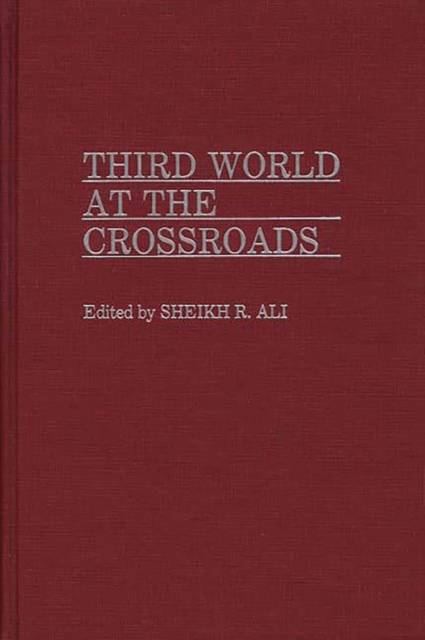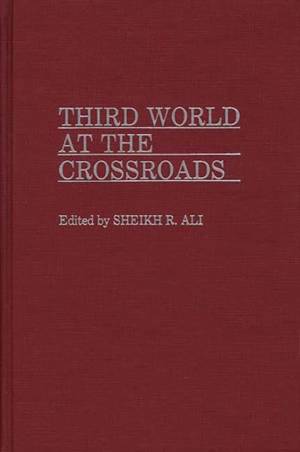
- Afhalen na 1 uur in een winkel met voorraad
- Gratis thuislevering in België vanaf € 30
- Ruim aanbod met 7 miljoen producten
- Afhalen na 1 uur in een winkel met voorraad
- Gratis thuislevering in België vanaf € 30
- Ruim aanbod met 7 miljoen producten
Omschrijving
Written by a distinguished group of Third World and American scholars, this book investigates the political, economic, cultural, and religious dynamics of the Third World. Both highly topical and extremely timely, the volume takes an interdisciplinary approach to the subject, employing analytical tools drawn from political science, history, economics, and sociology. The papers included serve to facilitate a new understanding of the complex nature of Third World nationalism, explore critical issues facing the Third World such as widespread hunger in Africa and the mounting debt crisis, and offer new perspectives on the role of religion and ethnicity in Third World politics.
In his introduction, Ali sets the context for the papers that follow. He notes that the new nations of the Third World cannot be political and economic equals of the developed nations. Thus, aware of their weaknesses, the overriding concern of Third World leaders is to preserve themselves from foreign encroachment. The 14 subsequent papers define, explain, and analyze the myriad issues and problems that today confront policy-makers in both the Third World and the developed nations, including: the economic impact of OPEC; the political and economic origins of hunger in Africa; the West and Third World Religion; open economics and repressive policies in the Third World; the influences on and effects of U.S. policies towards the Third World. Students of political science as well as policy-makers and diplomats will find Third World At the Crossroads enlightening and provocative reading.Alleen bij Standaard Boekhandel
Beoordelingen
We publiceren alleen reviews die voldoen aan de voorwaarden voor reviews. Bekijk onze voorwaarden voor reviews.












